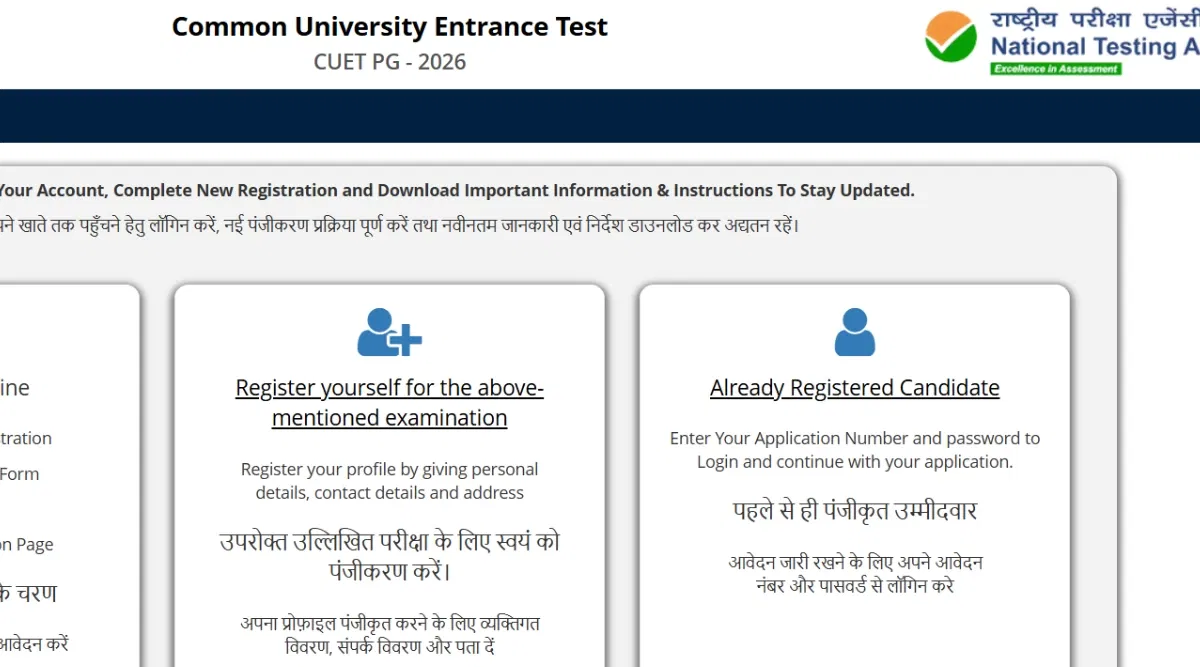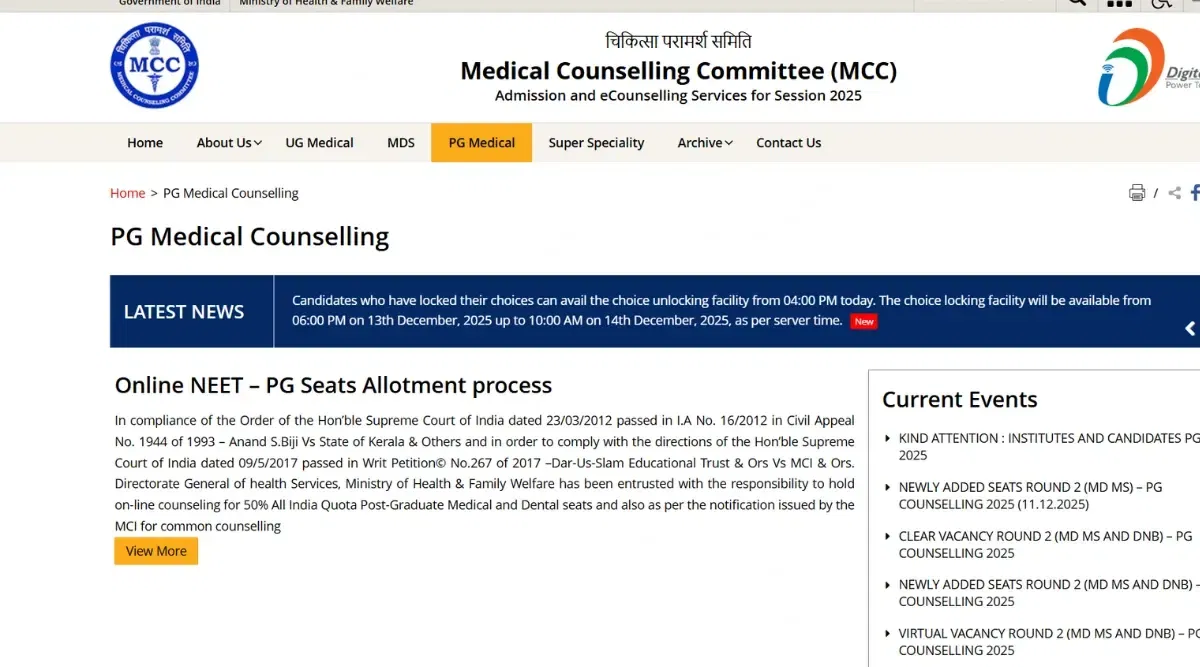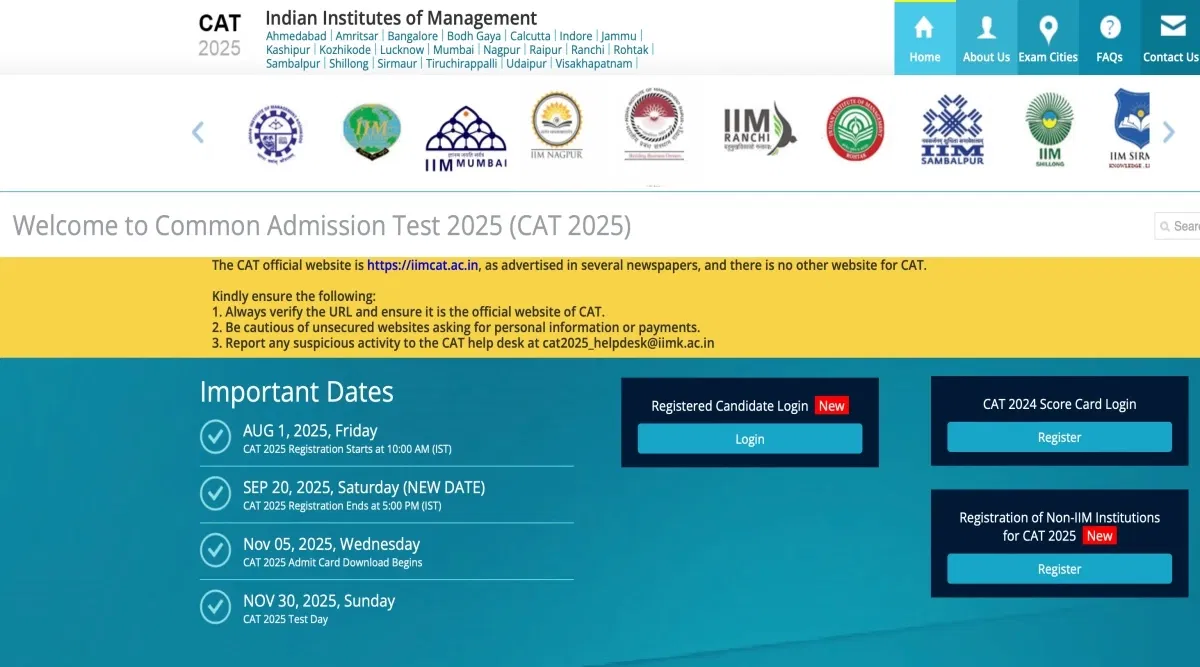Apart from its top-quality education, the UK is also renowned for its employment landscape, boasting some of the best career options for students and immigrants from across the globe.
The UK is one of the most sought-after destinations for not just education but employment opportunities as well and students can find the best career options UK. However, the employment market in the UK is uber-competitive, and students need to do their due diligence when exploring the best career options in the UK.
Even though the job market is highly competitive, landing a high-paying job in the UK is extremely rewarding. Furthermore, UK work experience is valued world-over. When choosing a particular university program, students must make it a point to look at the various employment opportunities available to them that fit the profile of the course that they are opting for. This article will attempt to shed light on the best career options in UK.
Table of content
Best Career Options in the UK
Being one of the most industrialized regions in the world, the United Kingdom offers excellent opportunities in a diverse range of fields. The table given below gives an overview of the best career options in the UK:
| Top Job Profiles in the UK | Salary per year (in GBP) |
|---|---|
| Enterprise Architect | 75,209 |
| Strategy Manager | 74,896 |
| Tax Manager | 62,995 |
| Finance Manager | 60,403 |
| Risk Manager | 60,000 |
| Delivery Manager | 58,447 |
| Commercial Manager | 58,385 |
| Design Manager | 56,439 |
| Product Manager | 56,195 |
| Engagement Manager | 51,116 |
| Marketing Specialists | 25,000 - 66,519 |
| HR Director | 69,818 |
| Lawyers | 49,928 |
| Actuary | 67,727 |
| Orthodontist | 97,830 |
Enterprise Architect
One of the best career options in UK is that of an Enterprise Architect. The primary responsibility of an Enterprise Architect is to supervise the software and networking services of an IT company. In addition, they upgrade and enhance the services of the IT company, including upgrading the company’s hardware and software. They also research the latest trends in technology, which exist in the market, and adapt those trends into the company’s profile.
Strategy Manager
Strategy Managers are tasked with the planning and execution of the best ways in which a company can reach its goals. Strategy Managers are responsible for helping the company achieve maximum growth while minimizing risk. The post of a Strategy Manager is quite high in the organizational hierarchy, and it is not an entry-level position. They have years of experience and are involved in careful analysis of the organization and the market data to determine the company's best results.
Tax Manager
Tax Managers are responsible for overseeing the accounts of a company and documenting its taxes. A Tax Manager manages the company’s taxes, maintains the standards as per the regulations, and regularly updates the company’s tax files. Tax Managers are also responsible for keeping a check on the accounting staff and ensuring that the company is compliant with the regulatory frameworks for taxation in the UK.
Finance Manager
Finance Managers are responsible for overseeing the cash flows, in and out of the company and the accounts section. Finance Managers have the ability to speculate projected profits that the company can make over a period of time. They are also responsible for simplifying complex financial reports for better understanding, which means that having exceptional communication skills is of key importance for the role.
Risk Manager
A Risk Manager is responsible for managing the risks involved in running a business. Risk Managers help their companies manage losses and help them deal with losses to help the company reach its goals. In addition, risk managers work closely with Financial Managers to assess, identify and avoid possible risks that may jeopardize the company’s functioning.
Delivery Manager
Another option among the best career options in UK is that of a Delivery Manager. As the name suggests, a Delivery Manager is responsible for ensuring that the company's products are delivered to the clients safely and on time. The duties of a delivery manager involve overseeing the entire process of delivery and removing any obstacles that may hinder the smooth delivery of the company’s products to the clients.
Commercial Manager
Commercial Managers are responsible for leading the company into potential expansion and growth areas by seeking out trade opportunities related to mergers, acquisitions, and partnerships. In addition, commercial Managers are responsible for providing useful advice to ensure that the company doesn’t make any decisions that may affect them adversely.
Commercial Managers are also responsible for seeking new clients and vendors that may add value to the company. They manage contracts, analyze the market, and keep up with the latest trends in the market that would possibly contribute to the growth and expansion of the company in the market.
Design Manager
A Design Manager oversees all aspects related to design in the company. The responsibilities include overseeing the design team, all the processes related to design, collaborating with architects, construction managers, BIM (Building Information Model) technicians, and service managers to work on a plan and execute it.
Product Manager
Product Managers are responsible for analyzing the needs of the customer and making sure that those needs are delivered. They assess the needs of the market, predict how the product will perform, and how much profits will be generated through the product. Once all of these studies have been made, the Product Manager gets the team to start working on the realized product. A Product Manager also analyses the longevity of a product regarding its long-term success in the market and the possible risks involved.
Engagement Manager
An Engagement Manager is responsible for interacting with the clients of the company. They assess and analyze the needs and complaints of the clients once the contract has been signed. Overall, Engagement Managers are tasked with maintaining a good relationship between the company and the client by ensuring that the client receives resources from the company in a timely manner and that the invoices are cleared out.
If your career decision is based on the number of zeros you will earn, job satisfaction will not always be assured. Despite the UK's great potential for high-paying jobs, students are encouraged to pursue the career of their choice because salaries for most jobs are satisfactory, and there are substantial opportunities to grow. A majority of employers and recruiters look for people who have passion for the job and are motivated to grow the company.
Marketing Specialists
There are so many forms of marketing, all of which are lucrative financially. Every type of business and company you can think of will require a marketing team to help grow their business, attract new customers, and make sales. Therefore, working in marketing can be an incredibly versatile career, as you can work in different industries.
There is a range of specialist roles within the marketing department that you can follow to become a marketing specialist. For example, you could try online marketing, copywriting, or even become a Marketing Director.
HR Director
The HR Director is an executive position within an organization. HR Directors plan, set goals for the HR department, lead, direct, and enforce policies regarding recruitment, management, employee relations, and more.
To become a Human Resources Director, you will need to have at least a bachelor’s degree, and preferably a master’s degree in human resources, industrial psychology, business administration, or any other related field. In addition, most recruiters prefer prospective employees to have at least 5-7 years of experience (or more) in management positions.
Lawyers
Lawyers earn some of the highest graduate starting salaries. So if you decide to branch out into the world of law, you’re sure to have a gratifying career. You may choose to study law to put yourself on the path to becoming a Lawyer or a Paralegal. Even if you don’t look for a law degree right now, you may choose to do so later, after you’ve trained as a Paralegal.
Actuary
As an Actuary, you will evaluate financial risks and opportunities by applying mathematical, statistical, economic, and financial analyses to a wide range of business problems. Actuaries work in many industries such as banking, corporate finance, insurance, investment management, healthcare, and more.
However, to succeed in an actuarial career in any industry, skills in data analysis and management, risk management, and data-based decision-making are essential. And you’ll need to have strong numerical skills. More importantly, you’ll need to pass the actuarial exams to be a qualified actuary, which may take a few years.
Orthodontist
If you’re interested in pursuing a medical career, but you’re not sure about becoming a Doctor, another smart choice could be to become an Orthodontist! Orthodontists work in dental medicine and are specially trained to deal with tooth and jaw alignment. This means doing things like assessing whether patients need braces, as well as performing teeth straightening surgery!
As an Orthodontist, you will have to complete basically the same training as a Dentist and then complete further education to ensure you have the specialist knowledge required of an Orthodontist.























POST YOUR COMMENT